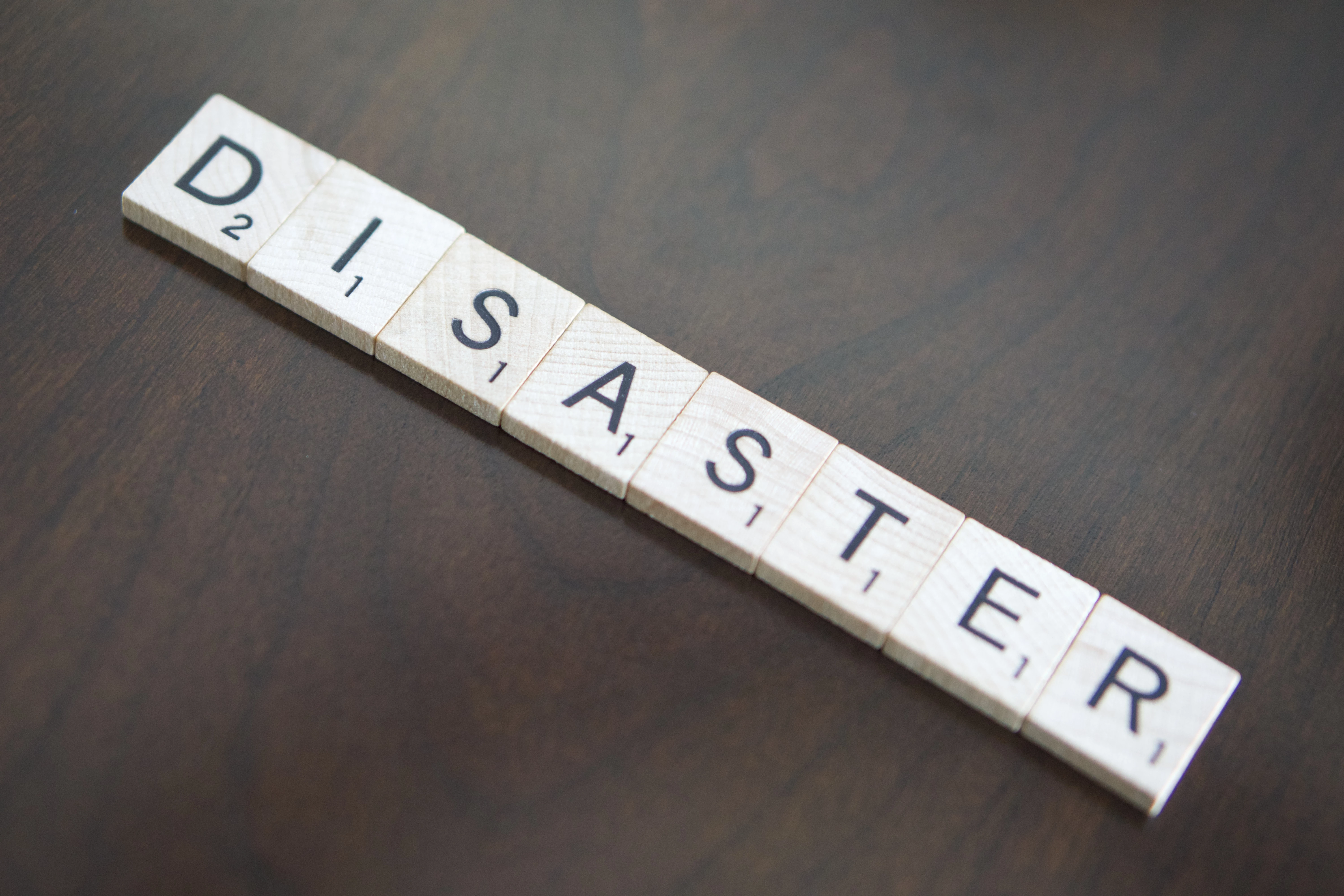
Partner Article
Beirut: A sobering reminder to look after international employees during a catastrophe
Events in Beirut this month have served as a reminder of the importance of being prepared to support an international workforce quickly, calmly and efficiently, should disaster strike. During a time of chaos, employees can look to their organisation for support, and being prepared for such events can make a significant difference to how they experience a catastrophe. There are key areas that businesses need to consider to ensure they are well positioned to support international staff in the event of a disaster:
- Emergency protocols: Businesses should have protocols in place of how to support employees in an emergency. Have this prepared beforehand, especially in volatile regions where access to quality and safe facilities may be more challenging.
- Additional communication channels: Mobile phone signal may be limited at best in some remote regions, or completely down during a disaster - so businesses should consider having communication channels available that aren’t solely reliant on telecommunications networks, such as satellite phones.
- Buddy system: Having a buddy system in place means that employees can contact other members of staff during the chaos and aftermath. Whether a more senior member of staff, or someone in a different office, buddies can provide one another with valuable information and moral support during a challenging time.
- Evacuation and repatriation policies: Businesses need to consider having evacuation and repatriation policies in place, supporting organisations and employees through volatile situations – such as finding alternative medical facilities in an emergency. This should be clearly communicated and readily available to employees.
- Next of kin contact: Ensure that contact details for employees’ next of kin or dependants are updated regularly, so they can be quickly contacted in an emergency.
- Supporting the aftermath: Employees may have been injured during the catastrophe, so International Private Medical Insurance (IPMI) can help with treatment and rehabilitation. Equally, global employee assistance programmes (EAPs) can be beneficial, where mental health may have been affected too.
Sarah Dennis, head of international at Towergate Health & Protection, says: “Organisations should be poised to respond, should a catastrophe occur in areas where they have an international business presence. Being unprepared and scrabbling for solutions isn’t ideal in what is already likely to be a highly stressful and emotional time. Speaking with international specialists in advance about specific things to consider when operating overseas, can help businesses to prepare for various scenarios and react more effectively during a crisis. And with the Covid-19 global pandemic adding an additional layer of complexity to everyday life too, navigating a catastrophe is even more challenging currently. Preparing for eventualities in advance gives businesses the upper hand to respond more effectively during a disaster – which is integral to supporting colleagues who will be looking to their employer for support.”
This was posted in Bdaily's Members' News section by Towergate Health & Protection .






 A legacy in stone and spirit
A legacy in stone and spirit
 Shaping the future: Your guide to planning reforms
Shaping the future: Your guide to planning reforms
 The future direction of expert witness services
The future direction of expert witness services
 Getting people into gear for a workplace return
Getting people into gear for a workplace return
 What to expect in the Spring Statement
What to expect in the Spring Statement
 Sunderland leading way in UK office supply market
Sunderland leading way in UK office supply market
 Key construction developments in 2025
Key construction developments in 2025
 Mediation must be part of planning process
Mediation must be part of planning process
 From apprentice to chief financial officer
From apprentice to chief financial officer
 Don't stifle growth with apprenticeship cuts
Don't stifle growth with apprenticeship cuts
 The start-up landscape: What lies ahead in 2025
The start-up landscape: What lies ahead in 2025
 JATCO adds welcome drive to automotive sector
JATCO adds welcome drive to automotive sector